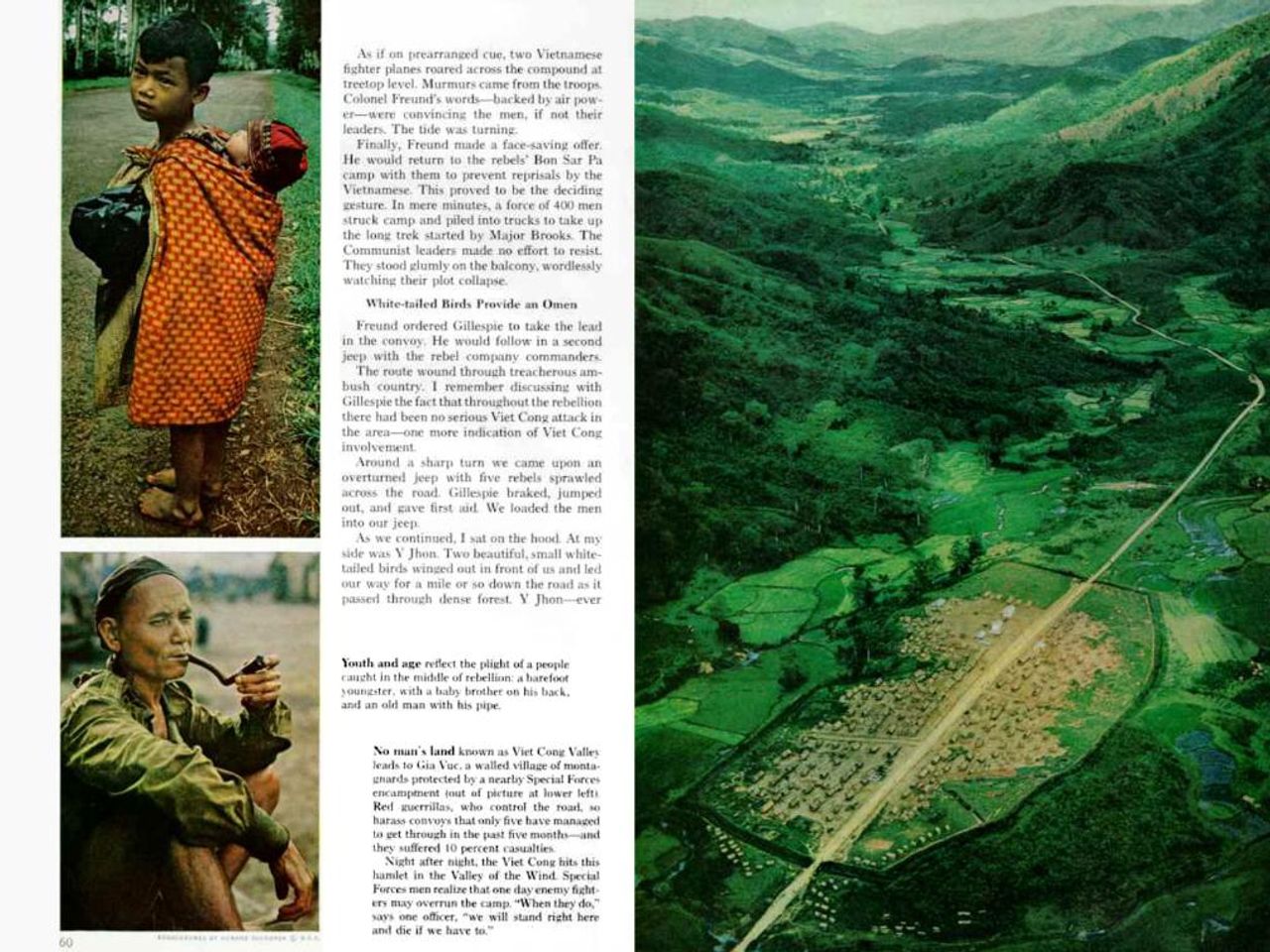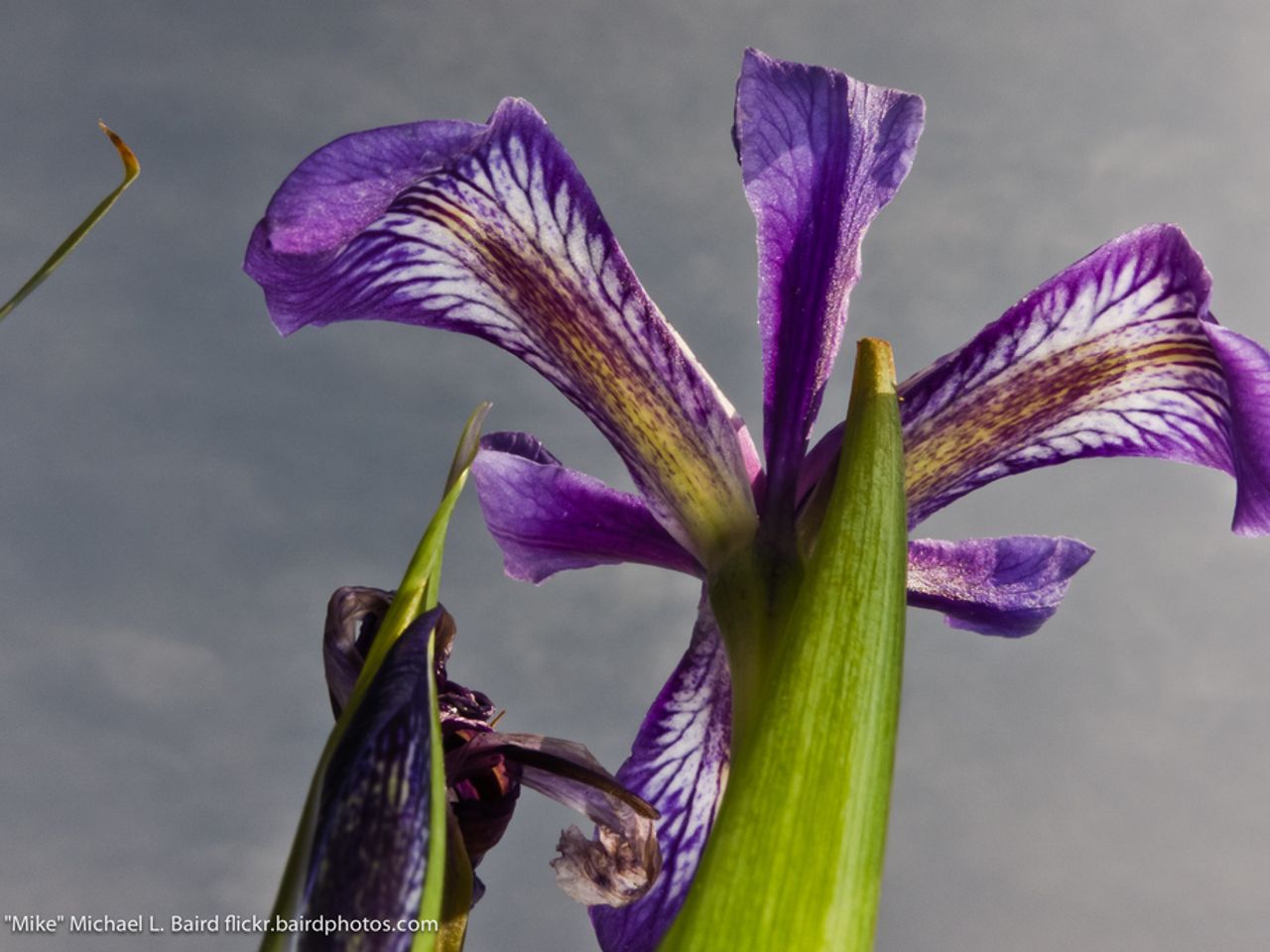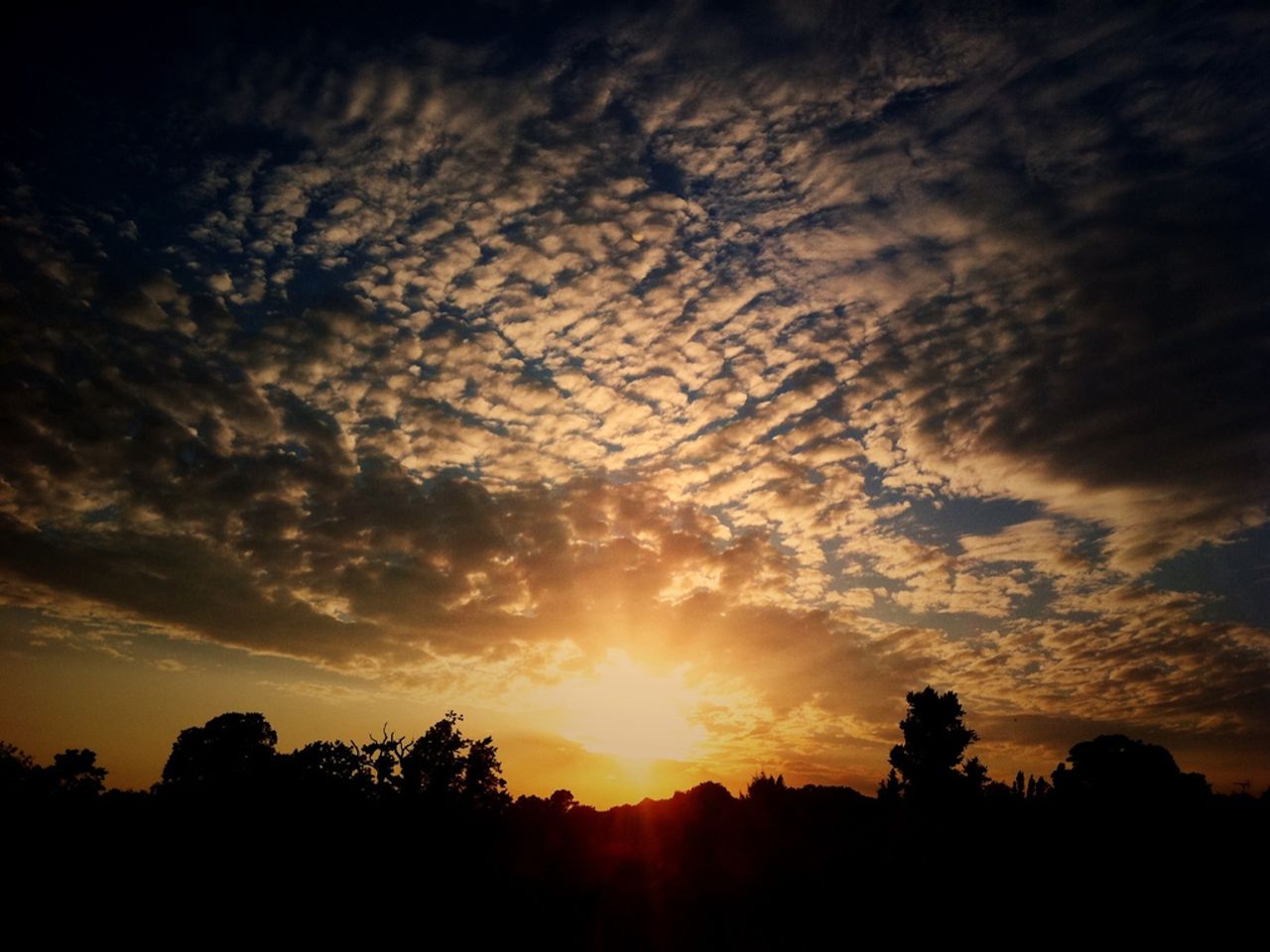Investigating the clash over Russia's Kursk territory: key insights
Vladimir Putin Steps Foot in Disputed Kursk Region
In a move that escalates tensions, President Putin visits the Kursk region, a territory Moscow claims to have recaptured from Ukraine.
The Russian military previously announced its troops had seized back the border territory in late April, marking a reversal after Ukrainian forces surged in and established control a year ago. However, Ukraine denies these claims and insists its troops are still present in the area.
Losing control over the Kursk region would weaken Ukraine's position in any negotiations, stripping them of a strategic advantage in the 3-year-old conflict. Let's delve into the battle for Kursk and its impact.
The Blitz of Kursk
Ukrainian forces swiftly overran the region in August 2024, catching the light-armed Russian border guards and inexperienced recruits off guard. Hundreds were captured.
Planned under veil of secrecy, Ukrainian troops were reportedly told of their mission just a day before. Russia's drones and intelligence assets were focused on the Donetsk region, allowing Kyiv to move troops covertly toward the border.
Ukrainian units rapidly advanced in various directions, encountering minimal resistance and sowing chaos. With most capable Russian forces engaged in the Donetsk region, Moscow struggled to protect Kursk and other border areas.
Ukraine's President Volodymyr Zelenskyy presented the incursion as a means to distract Russian forces in the east, potentially leading to a land swap in peace talks. Unlike the static front lines in Donetsk, Ukrainian forces roamed freely, capturing nearly 1,300 square kilometers and over 100 settlements.
While a morale boost for Ukraine amid battlefield setbacks, skeptics considered it a risky gambit that diverted some of its most capable forces from the Donetsk region.
A Sluggish Russian Response
Initially, Russia relied on air power to stop the onslaught, as ground forces were scarce. But as the incursion progressed, reinforcements trickled in, composed of troops from various regions of Russia, some of whom were inexperienced or lacked coordination.
Despite Ukraine's hopes, the incursion didn't prompt Moscow to deploy significant forces to the region, instead prioritizing stemming deeper Ukrainian advances and sealing off supply routes.
The Unusual Ally: North Korea
In the fall, Ukraine, the U.S., and South Korea reported North Korea had deployed approximately 10,000-12,000 soldiers to assist Moscow in the Kursk conflict. North Korea's involvement in a foreign conflict, typically a kept secret, marked a shift in its military strategy.
Moscow and Pyongyang initially evaded confirming the deployment but eventually acknowledged it. Russia's General Staff Chief, Valery Gerasimov, stated that North Korean soldiers fought alongside Russian servicemen, reclaiming captured territories in Kursk.
Putin praised the North Korean troops for their "heroism and bravery," acknowledging their role in safeguarding Russia's sovereignty. Estimates suggest North Korean troops suffered heavy casualties, with around 300 deaths and 2,700 injuries.
It's a significant commitment from North Korea, marking its third deadliest conflict since the end of the Korean war[1][2]. The involvement of North Korean soldiers serves as a reminder of the complex web of alliances and tensions that continue to shape the ongoing conflict.
Sources:
- "Russia-Ukraine War: A Timeline of Key Moments," CNN, 2025.
- "North Korea's Role in Ukraine Conflict," Arms Control Association, 2025.
The world media is abuzz with the latest developments in the ongoing conflict between Russia and Ukraine, as President Putin steps foot in the disputed Kursk region, a move that could impact both politics and general news. Ukrainian forces previously overran the region, but Russia, with reported assistance from North Korea, has been working to reclaim it. This battle for Kursk has significant implications for the wider war-and-conflicts landscape and could potentially influence negotiations between the two nations.




